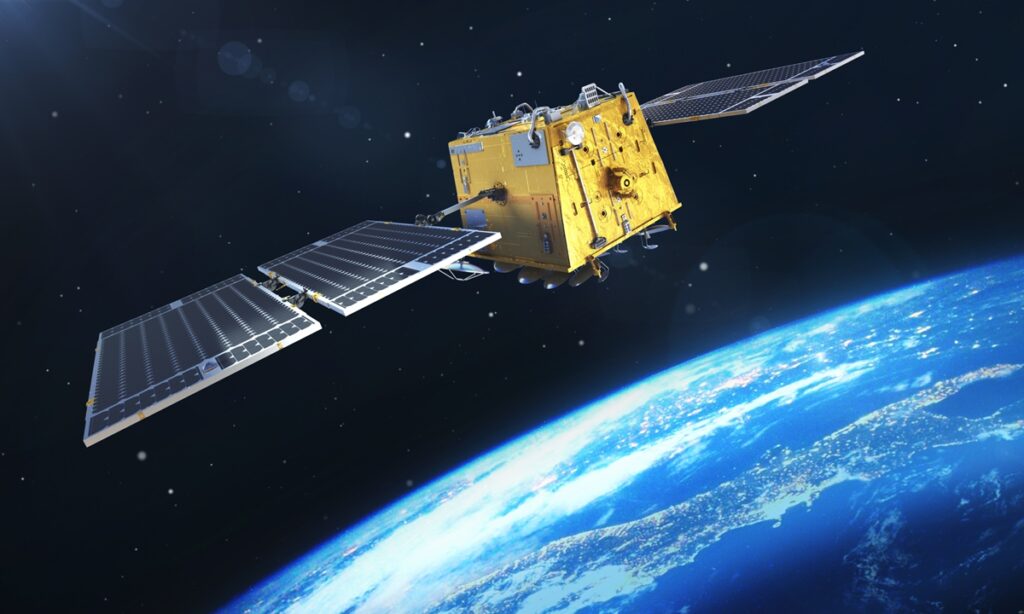Chinese technology giant Huawei is reportedly set to launch two satellites together with two Chinese partners in July this year, with aims including the verification of the 6G network technologies that the company has taken the lead in the research and development (R&D) around the world.
The satellite launch, with the cooperation of Chinese network operator China Mobile and a national space firm, which has no details unveiled, has great significance for China’s core technologies such as networking and switching, according to a post on Friday by an independent digital blogger named Chang’an Shumajun, who claims having close relations with Huawei.
A Huawei PR told the Global Times on Saturday that he has not obtained such information so far.
China Mobile did not respond to the Global Times as of press time.
The satellite move is natural as Huawei pushes ahead its layout on 6G networks, which is 50 times faster than 5G, Ma Jihua, a senior tech industry analyst based in Beijing, told the Global Times on Saturday.
Compared with the construction of 5G networks that rely on base stations to transmit signals, 6G networks, conveying higher frequencies, need using satellite for communications instead of base stations where there will be low penetrability, Ma explained.
Huawei’s rotating chairman Xu Zhijun announced at Huawei global analysts conference held earlier this month that the Chinese tech giant will launch its 6G networks in 2030, and it will release a 6G white paper soon to explain to the industry what 6G is.
Actually back in 2019, Huawei proposed its vision to launch more than 10,000 small satellites to provide 6G services covering the world, during a global 6G summit.
China has made the largest 5G footprint around the world and is likely further along into the 6G development with efforts from such bellwether as Huawei, whose 5G is already significantly ahead of its rivals, and has also taken the lead in 6G R&D despite the US’ groundless crackdown on its chip supply.
The potential of 6G technologies is something that none government or firm could ignore despite the fact that it is still at the early R&D phase, according to Ma.
Satellite communications have been attached to increasing importance since last year with the proposal of “new infrastructure.” “We need to know the constellation communication as the nation pushes forward is different from Huawei’s 6G move although they both use satellites,” Ma noted.
China’s satellite constellation, as current projects Hongyun and Hongyan have been involved in, aims to enable broader online access for people and businesses in China’s remote and poorer areas. While, the 6G satellite is more used for tests and providing data in popular urban areas, Ma added.
Late last year, China launched world’s first 6G experiment satellite from the Taiyuan Satellite Launch Center in North China’s Shanxi Province, marking a breakthrough in the exploration of terahertz space communication technologies in China’s space field.
The satellite, carrying a terahertz satellite communication load, planned to establish a transceiver link on the satellite platform and carry out terahertz load tests.
Photo: Courtesy of Galaxy Space



